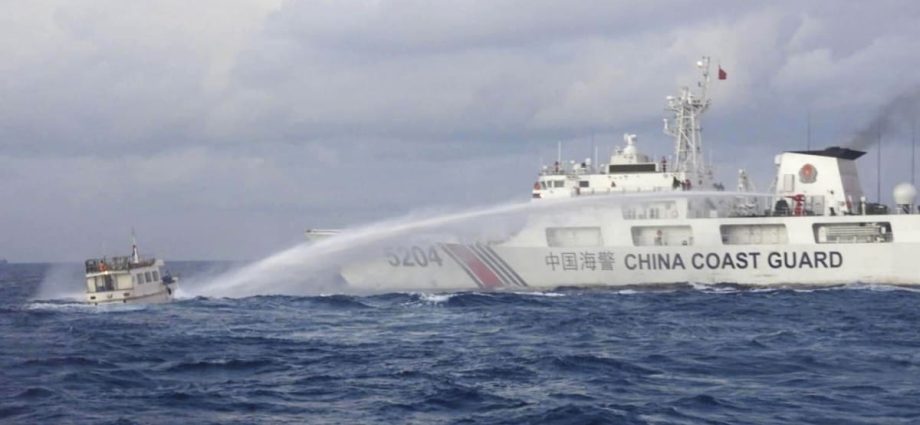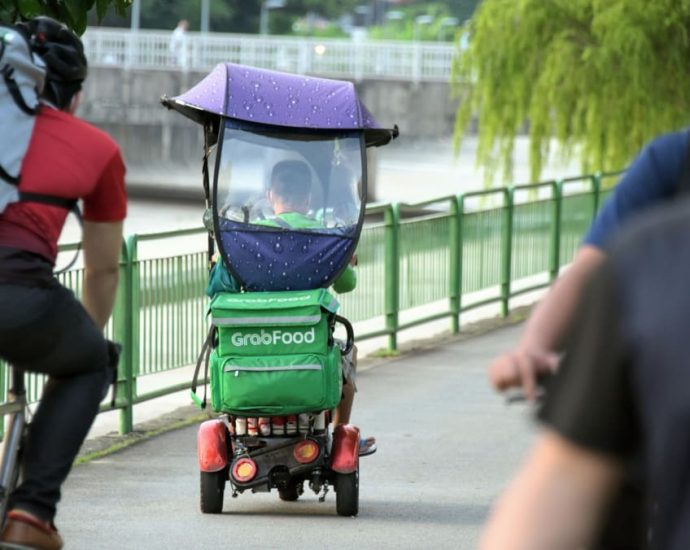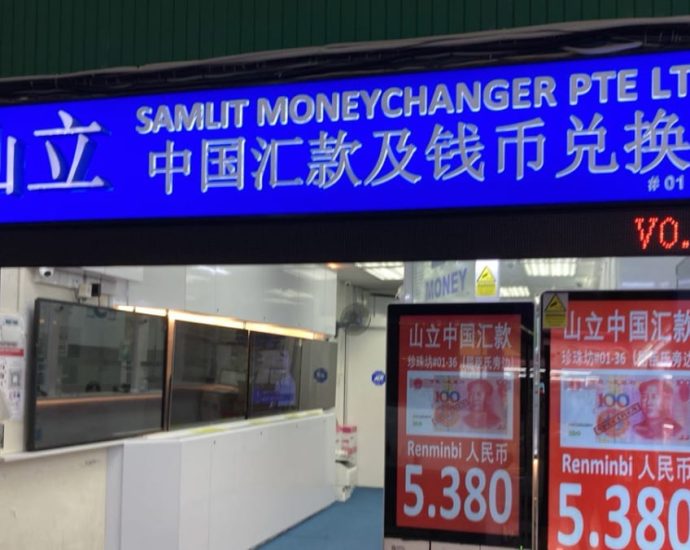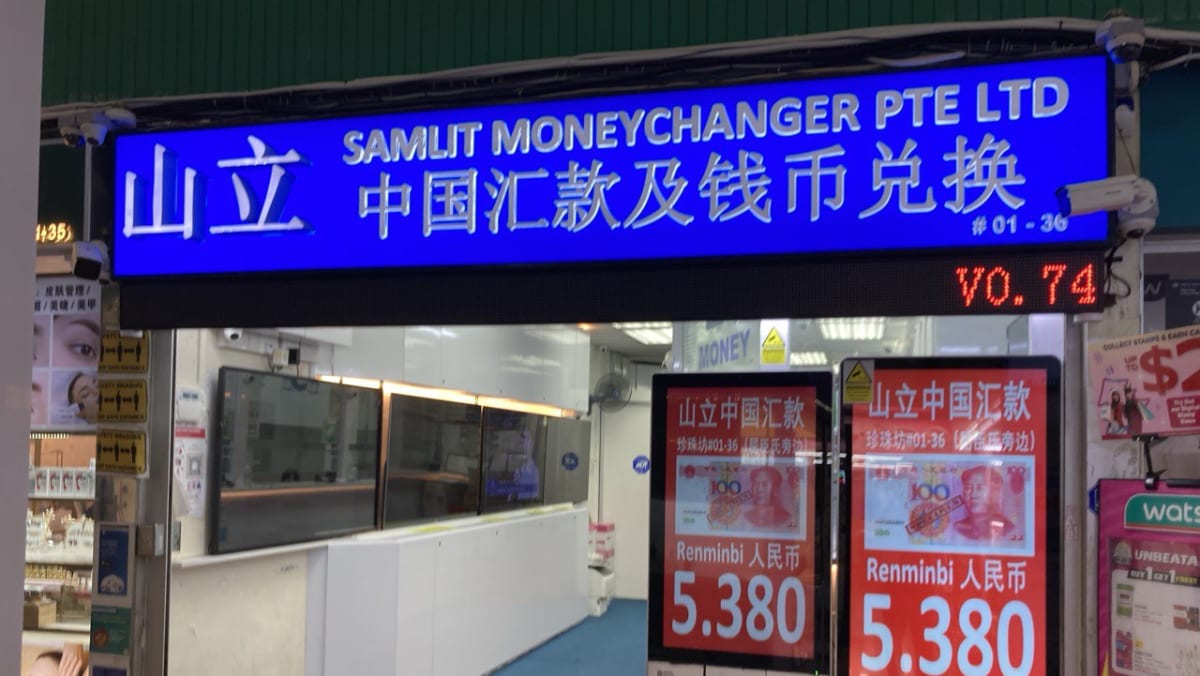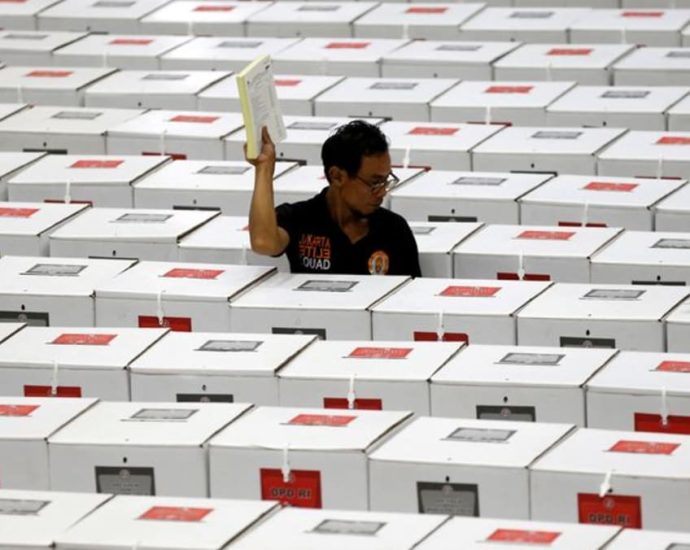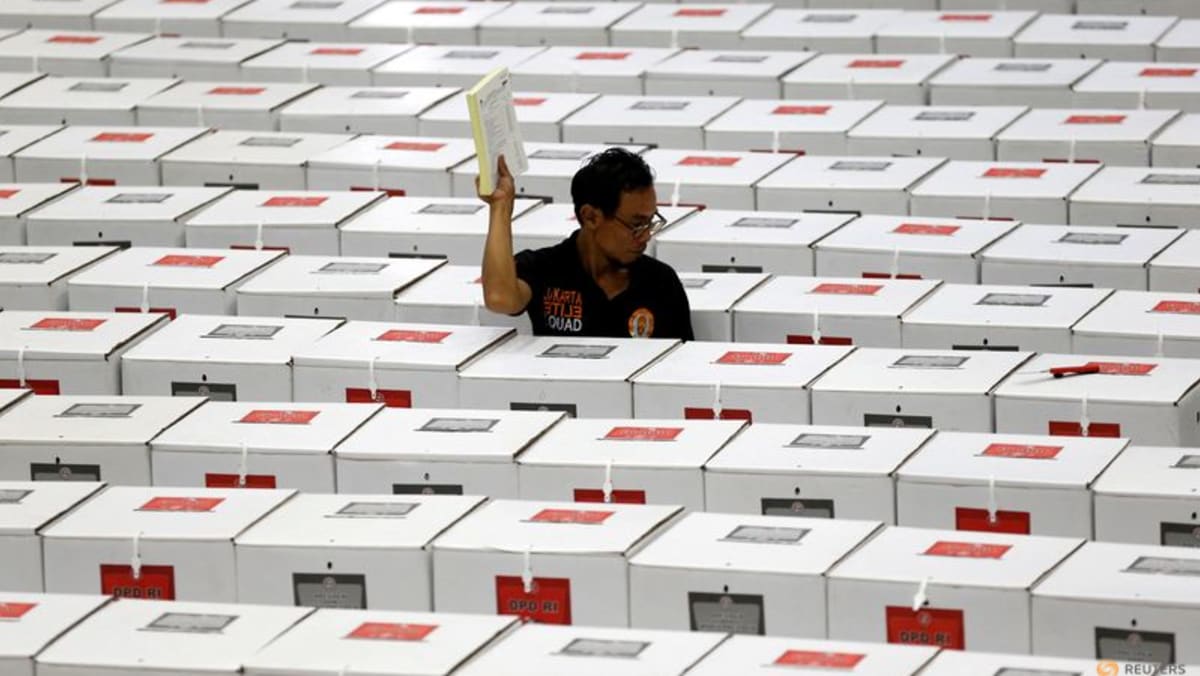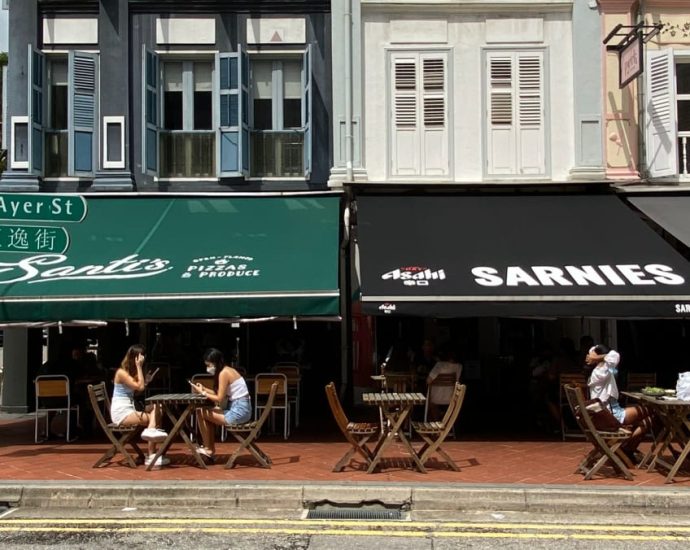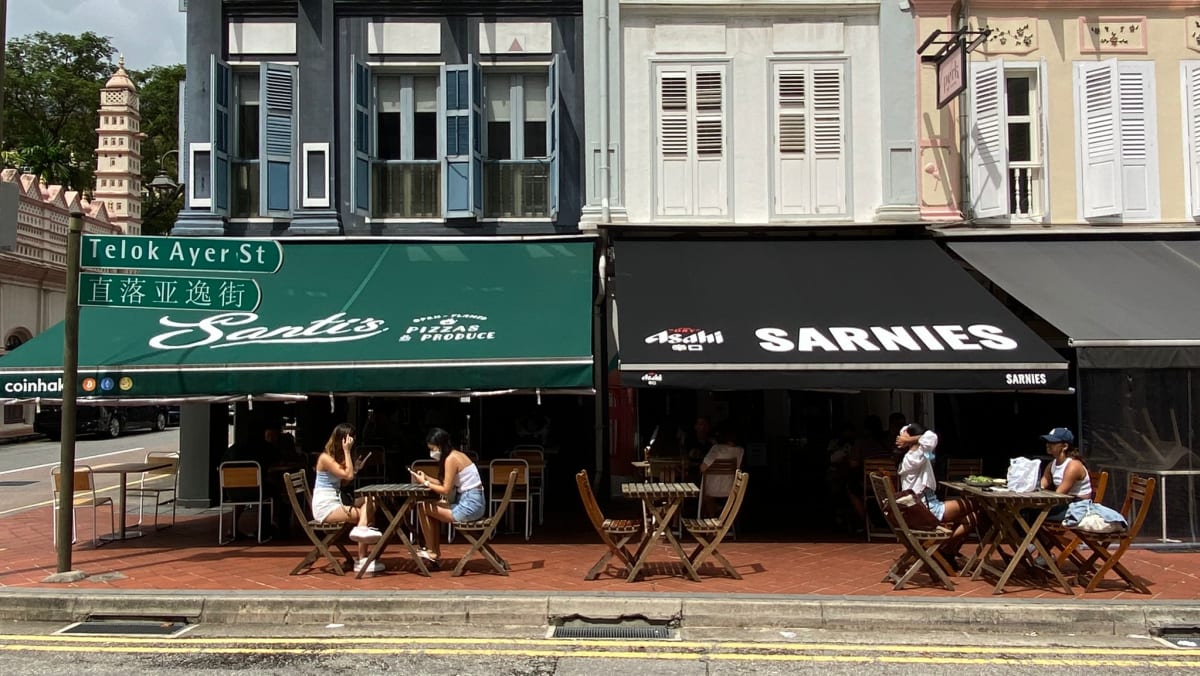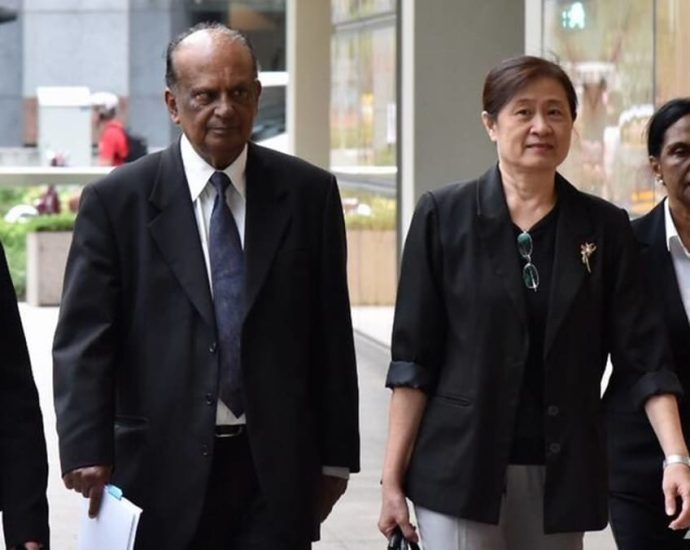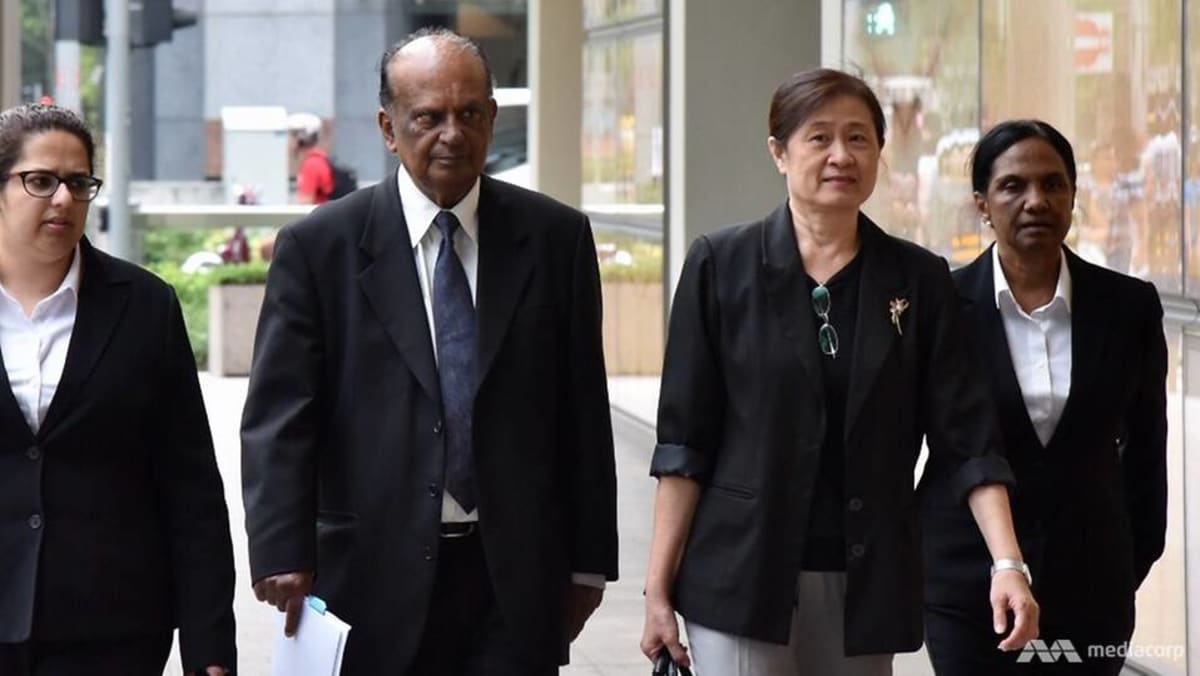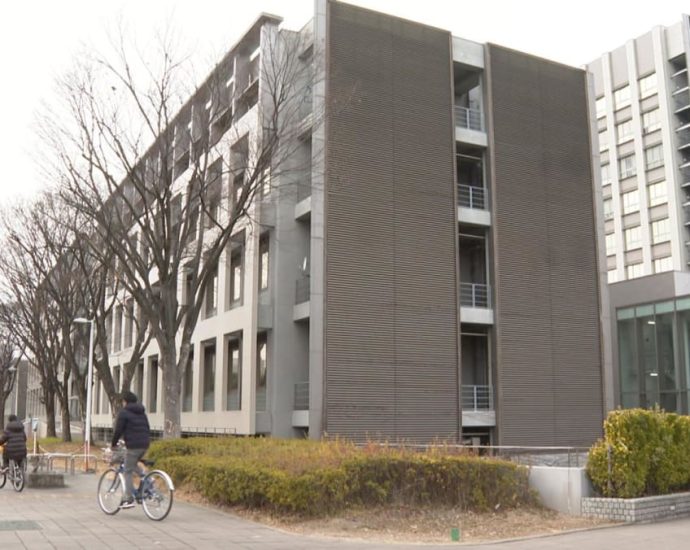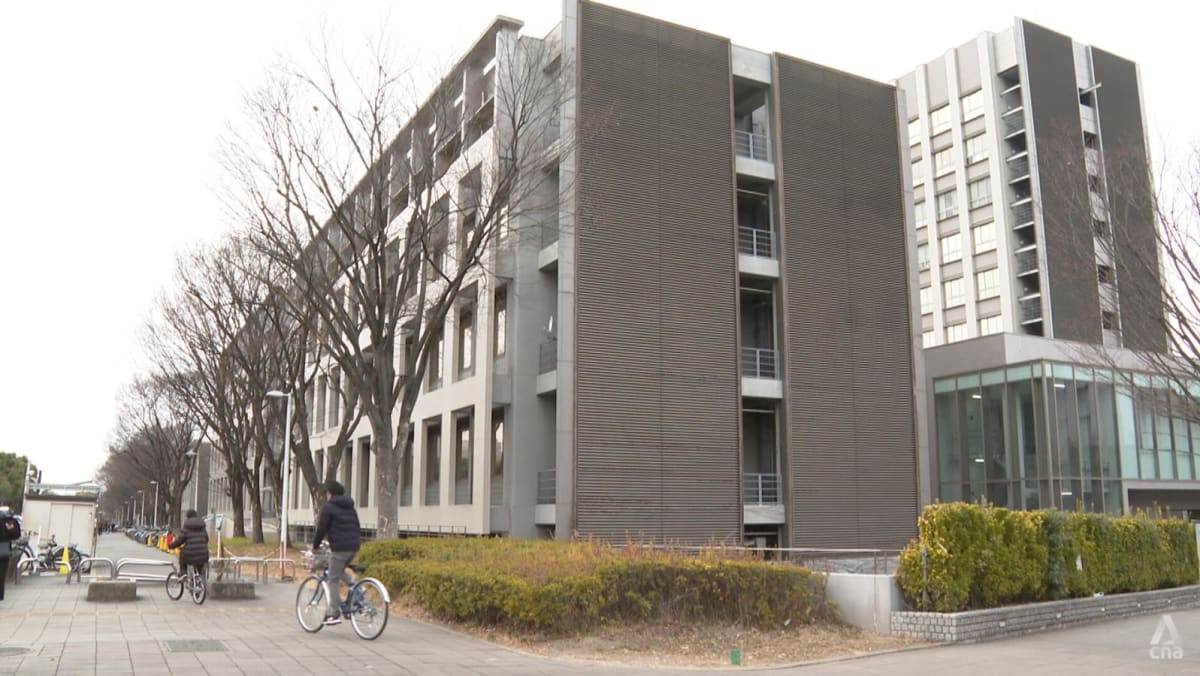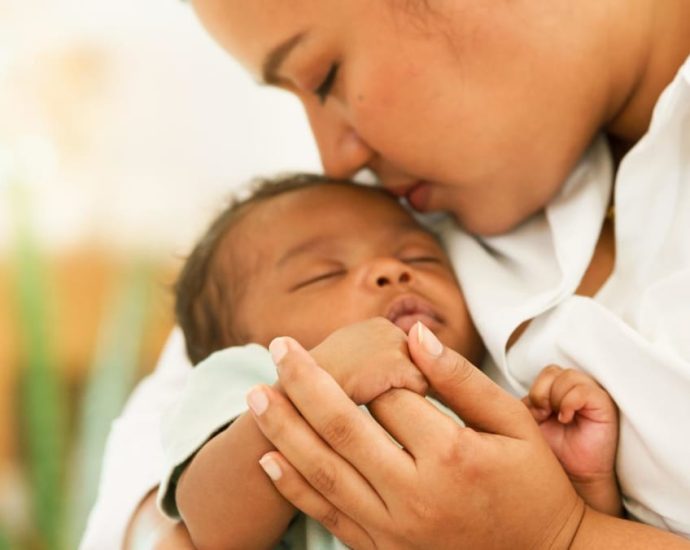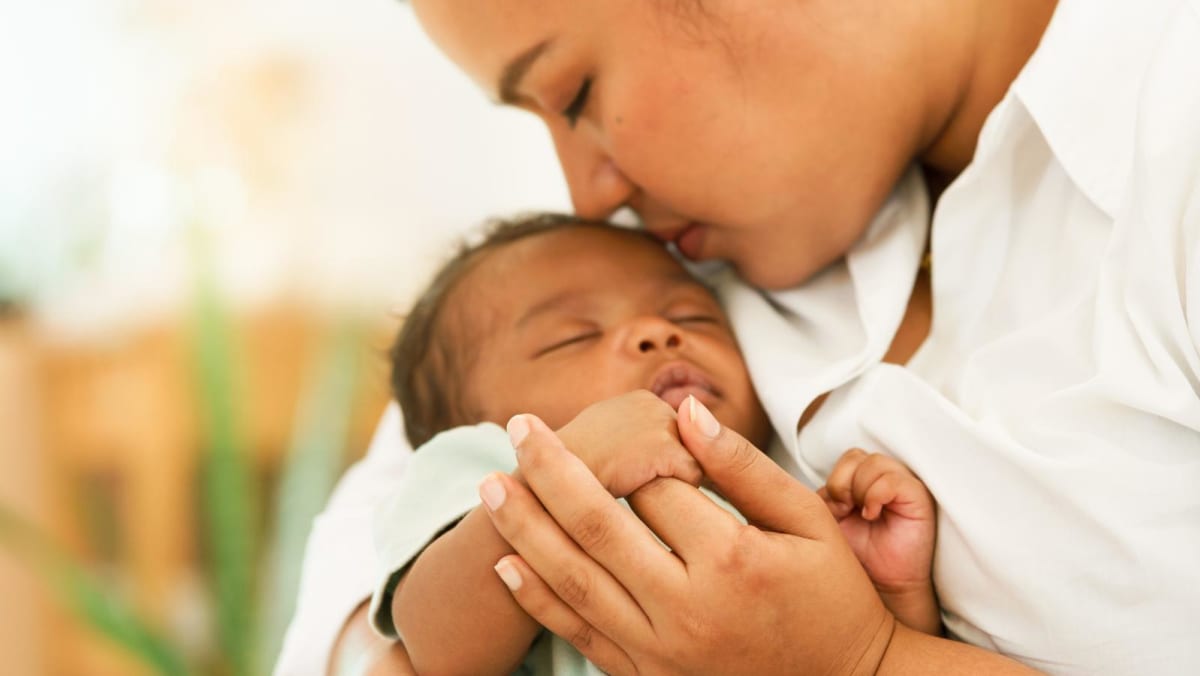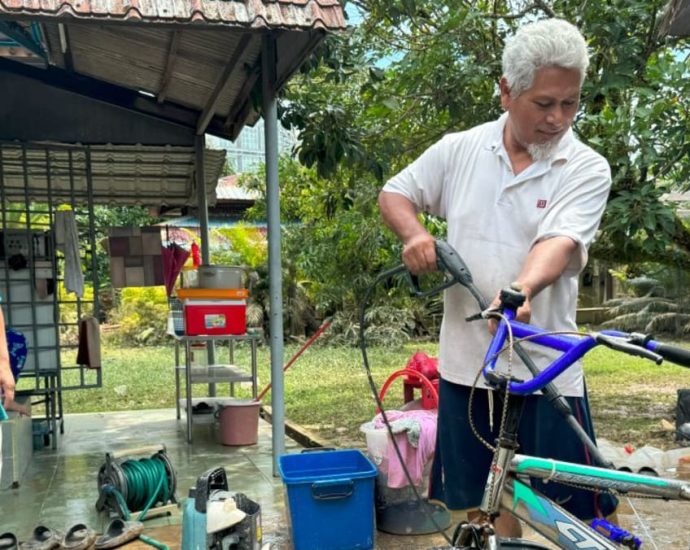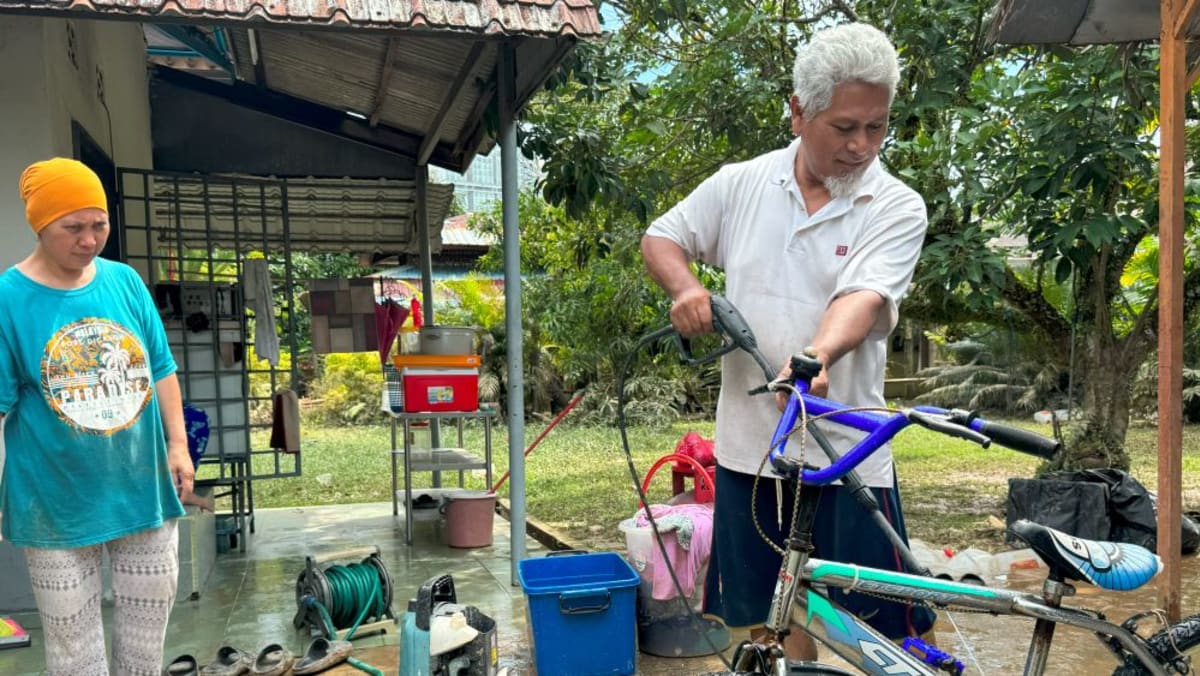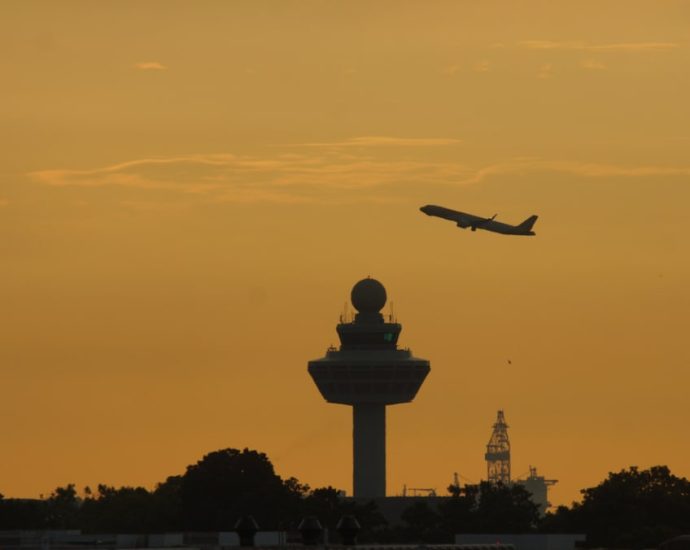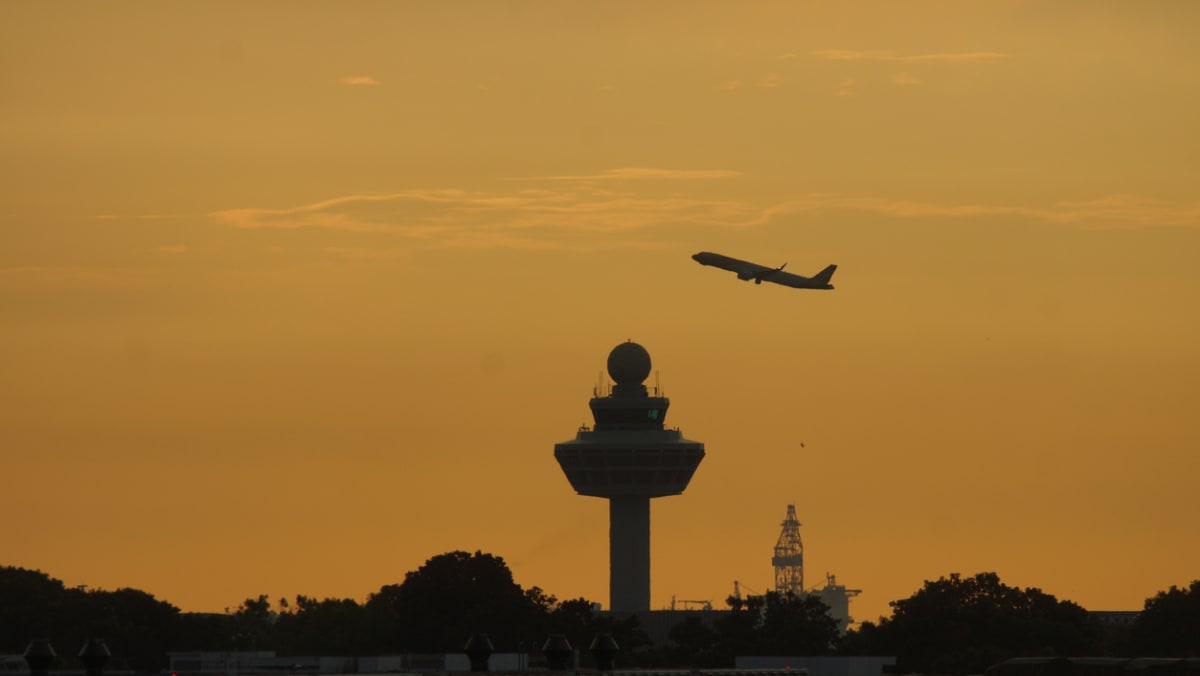CNA Explains: Beijing vs Manila in the South China Sea – whatâs the endgame?
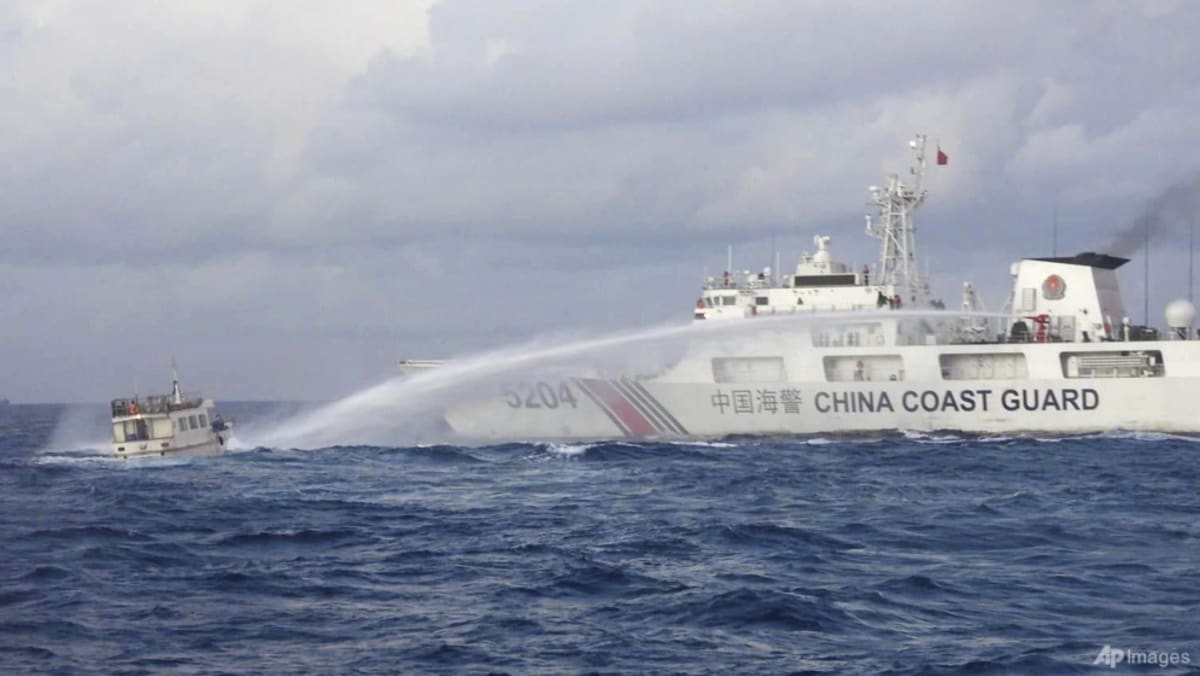
Each episode has been accompanied by a war of words. The Philippines has described China’s “unprovoked acts of coercion” as violating international law, damaging maritime assets and putting lives of Filipino crew at risk.
Beijing has said it’s applying “law enforcement activities” to deal with violations of “indisputable” Chinese sovereignty. This claim relies on what it calls “historic rights” to the South China Sea.
So does the South China Sea belong to China?
Depends on who you ask.
Back in 2009, China unveiled to the United Nations its “nine-dash” line laying claim to over 80 per cent of the South China Sea.
In addition to the Philippines, Southeast Asian countries Vietnam, Malaysia and Brunei also claim parts of the vast ocean, which serves as a crucial maritime route for over US$3 trillion in annual global trade, and as a key source of both fishing and gas reserves.
After a 2012 standoff between the Philippines and China in Scarborough Shoal, Manila took the matter to arbitration in The Hague the next year.
The Philippines wants China to abide by the United Nations Convention on the Law of the Sea or UNCLOS, which sets a country’s exclusive economic zone or EEZ at 200 nautical miles from a national landmass.
A historic 2016 arbitral tribunal ruling subsequently found that China’s claim had “no legal basis”. Beijing squarely rejected this as “null and void”.

